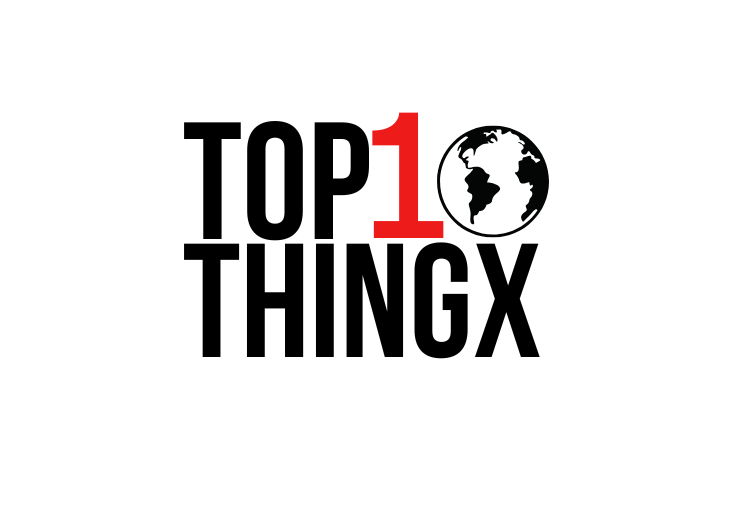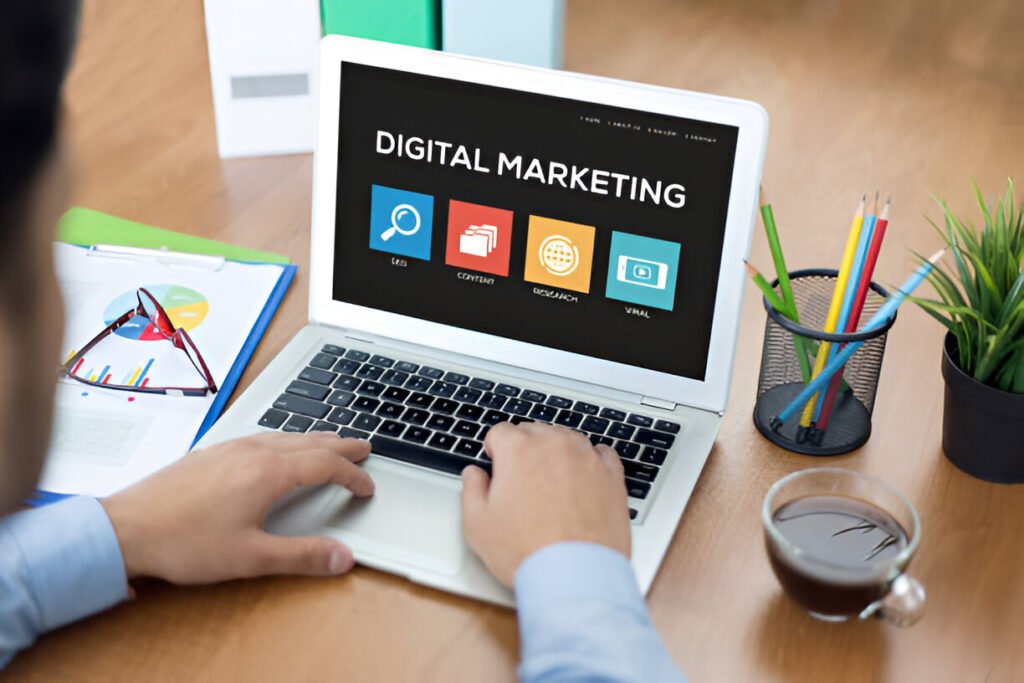Top 10 AI Tools That Will Actually Save You Time in 2025
Are AI Tools the Secret to Productivity? Let’s Cut Through the Hype. Let’s be honest — the term “AI” is slapped onto everything these days. It’s easy to get lost in the noise and wonder which tools are just futuristic novelties and which ones can actually make a tangible difference in your workday. In 2025, we’ve moved past the initial “wow” factor. The top AI tools for business 2025 aren’t just clever; they are indispensable engines of efficiency. Many have evolved into AI productivity tools so integrated into workflows that going back to the “old way” feels like trading a car for a horse and buggy. Whether you’re wrestling with a chaotic inbox, trying to make sense of endless meetings, or staring at a blank page, there’s a tool for you. This isn’t about replacing human skill — it’s about augmenting it, especially in AI in professional services and other high-demand industries. Here are the best AI tools for business that professionals across sectors rely on to save hundreds of hours and get back to high-value work. 1. ChatGPT-4o: The All-Purpose Brain It’s impossible to have a conversation about AI productivity tools without mentioning ChatGPT. In 2025, it’s far more than a chatbot — it’s a brainstorming partner, a junior developer, a data analyst, and a communications assistant all in one. How It Saves You Time: Drafts polished emails in seconds, summarizes dense reports, debugs code, and helps create content strategies. Best For: Marketers, writers, developers, and anyone dealing with information daily. 2. Notion AI: The Integrated Workspace Organizer Notion AI is the top AI cloud business management platform tool for keeping everything in one place. By combining AI with your workspace, it delivers summaries, outlines, and translations without forcing you to switch tools. How It Saves You Time: Turns messy notes into structured plans instantly. Best For: Remote teams, project managers, and productivity enthusiasts. 3. GrammarlyGO: The Smart Communication Coach A leader among AI productivity tools, GrammarlyGO understands tone, context, and intent to help you communicate clearly. How It Saves You Time: Quickly adjusts tone, shortens paragraphs, and drafts responses. Best For: Customer service reps, HR professionals, and business communicators. 4. Fireflies.ai: The Meeting Assistant That Actually Listens One of the leading AI visibility optimization tools, Fireflies.ai captures, transcribes, and organizes meeting data so nothing gets lost. How It Saves You Time: Creates transcripts, summaries, and action items automatically. Best For: Consultants, sales pros, and busy team leaders. 5. Copy.ai: The Scalable Content Engine As a best AI tool for business marketing, Copy.ai generates ad copy, blog ideas, and product descriptions on demand. How It Saves You Time: Breaks through writer’s block with multiple creative options in seconds. Best For: Marketers, eCommerce store owners, and agencies. 6. Tome: The Instant Presentation Builder Tome is an AI productivity tool that turns ideas into beautiful presentations in minutes. How It Saves You Time: Eliminates hours of design work with automated layouts and AI-sourced visuals. Best For: Executives, founders, and presenters. 7. GitHub Copilot: The Developer’s Best Friend Among top AI tools for business 2025, GitHub Copilot is a must for developers, offering intelligent code suggestions inside your editor. How It Saves You Time: Automates repetitive coding, freeing time for complex problem-solving. Best For: Developers and software engineers. 8. ClickUp AI: The Project Management Power-Up A top AI cloud business management platform tool for operations teams, ClickUp AI automates updates, SOPs, and task summaries. How It Saves You Time: Reduces admin work so you can focus on delivery. Best For: Project managers and operations leads. 9. Krisp.ai: The Cone of Silence for Calls Part of the leading AI visibility optimization tools category, Krisp.ai ensures crystal-clear calls by removing all background noise. How It Saves You Time: Eliminates repeated explanations and improves communication efficiency. Best For: Remote workers and sales teams. 10. Descript: The AI-Powered Video and Audio Editor A best AI tool for business content creation, Descript lets you edit media like a document. How It Saves You Time: Removes filler words, polishes audio, and speeds up editing dramatically. Best For: Creators, educators, and marketers. Conclusion: Work Smarter, Not Harder The AI revolution isn’t coming — it’s here. The best AI tools for business and AI productivity tools listed above are leaders in their fields, from AI in professional services to marketing and project management. The goal isn’t to let AI take over your job but to delegate repetitive, low-value work so you can focus on strategy, creativity, and growth. Start with one or two tools targeting your biggest time drains. The return on time saved could be your smartest move in 2025. After discovering how AI tools can streamline your daily tasks and boost productivity, you might be curious about exciting opportunities to put your extra time to use. Entrepreneurs and innovators can explore the Top 10 Fastest Growing Small Business Ideas in the USA to find ways to start or expand a business efficiently. Stay updated with more top 10 lists, trends, and insights by exploring TopTenThingX for all your ranking inspiration. Frequently Asked Questions (FAQs) Q1: Will these AI tools replace my job? A: It’s highly unlikely. These tools are designed to be assistants, not replacements. They handle repetitive tasks, allowing professionals to focus on strategic thinking, creativity, and decision-making—skills that are uniquely human. Think of them as a way to become more valuable in your role, not obsolete. Q2: Are these AI tools secure? Should I worry about putting my company data into them? A: This is a critical concern. Most reputable AI tools, especially those listed here, have robust security protocols and clear data privacy policies. For sensitive company information, it’s always best practice to use enterprise-level plans that offer enhanced security, data encryption, and compliance features. Always review a tool’s privacy policy before use. Q3: Do I need to be a tech expert to use these tools? A: Not at all! The beauty of modern




